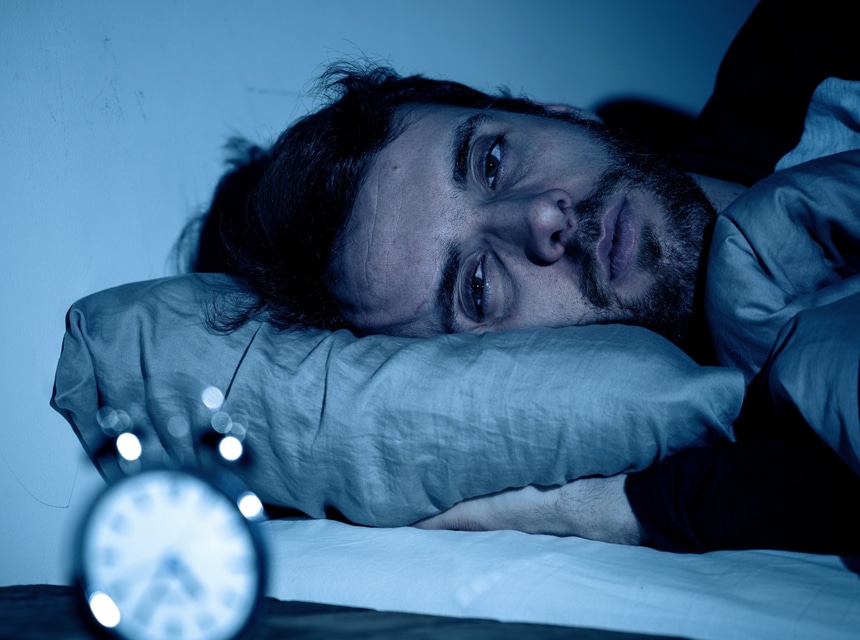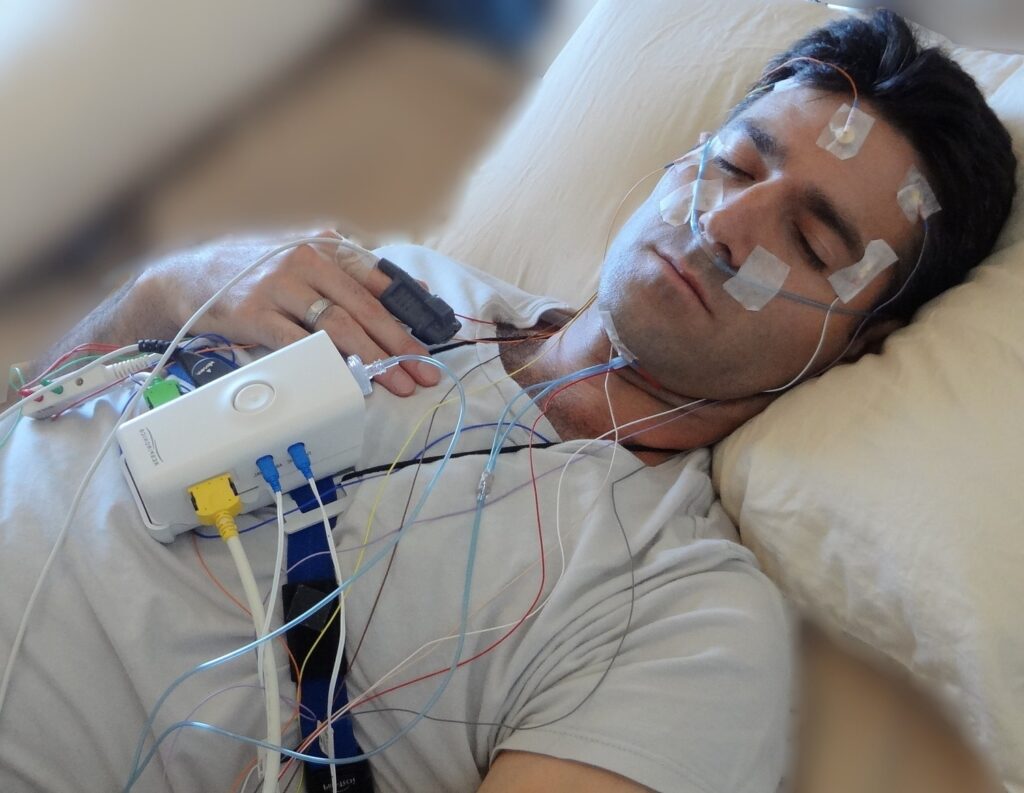

A study published in the European Heart Journal highlighted that sleeping between 10:00 and 11:00 pm could lower your risk of heart diseases compared to sleeping earlier or later.
Your mental and physical functioning are regulated by a 24-hour internal body clock referred to as a circadian rhythm, which, based on a news article from the BBC Trusted Source Regular 10pm bedtime linked to lower heart risk There appears to be an optimal bedtime – between 10pm and 11pm – linked to better heart health, say researchers who have studied 88,000 volunteers. www.bbc.com , is vital for alertness and your overall well-being. According to one of the researchers from the study, Dr. David Plans, the results from their research revealed that late or early bedtimes could disrupt the circadian rhythm, adversely affecting your cardiovascular health.
There are numerous studies that have looked into the connection between sleep duration & quality and cardiovascular health. However, few of them focus on the link between heart disease and the actual time one falls asleep. This new study focused on sleep onset using objectively measured data instead of self-reported from a large group of adults.
The study used over 88,000 people from the UK Biobank that were recruited within a 4-year period (2006 to 2010). These participants ranged between 43 to 79 years (average age of 61 years), and 42% were men. They had to wear an accelerometer on their wrist within a 7-day period so that it could record the time they went to sleep and their waking time. The participants also completed various health and physical, lifestyle, and demographic assessments and questionnaires. This was then followed up with a fresh cardiovascular disease diagnosis which in this case was defined as heart failure, heart attack, chronic ischaemic heart disease, transient ischaemic attack, and stroke.
The average follow-up period was 5.7 years, and 3.6% of the participants (3.172 people) had developed cardiovascular disease.
There was a high incidence rate among the participants that slept at midnight, while the lowest rate was recorded in those that slept between 10 and 11 pm. People that slept at midnight displayed a 25% risk of cardiovascular diseases; those that slept before 10 pm had a 24% risk, while participants that slept between 10 and 11 only had a 12% risk.
The researchers made adjustments for sleep irregularities, mass index, socioeconomic status, blood pressure, blood cholesterol, self-reported chronotype, and smoking status.
According to a CNN news article Trusted Source Sleep: Too much is linked to a greater chance of disease or death | CNN Sleeping more than eight hours a night is linked to a higher chance of poor health, particularly from cardiovascular diseases, a new study says. www.cnn.com , humans should sleep between 6 and 9 hours every night.
Dr. Plans highlighted that the riskiest time to go to sleep was after midnight, probably because it reduces your chances of seeing morning light which is critical in resetting the body clock. He also noted that there was no clear scientific reason for the increased association of cardiovascular disease and sleep in women but stated several theories.
The first one was that the sex difference causes a different response in the endocrine system when the circadian rhythm is disrupted. The second one was that the high risk was due to age as post-menopausal women have a greater risk of cardiovascular diseases. Finally, he concluded by highlighting that if other studies confirmed their findings, basic sleep hygiene and sleep timing could be used as a low-cost public health strategy to lower the risk of cardiovascular diseases.





